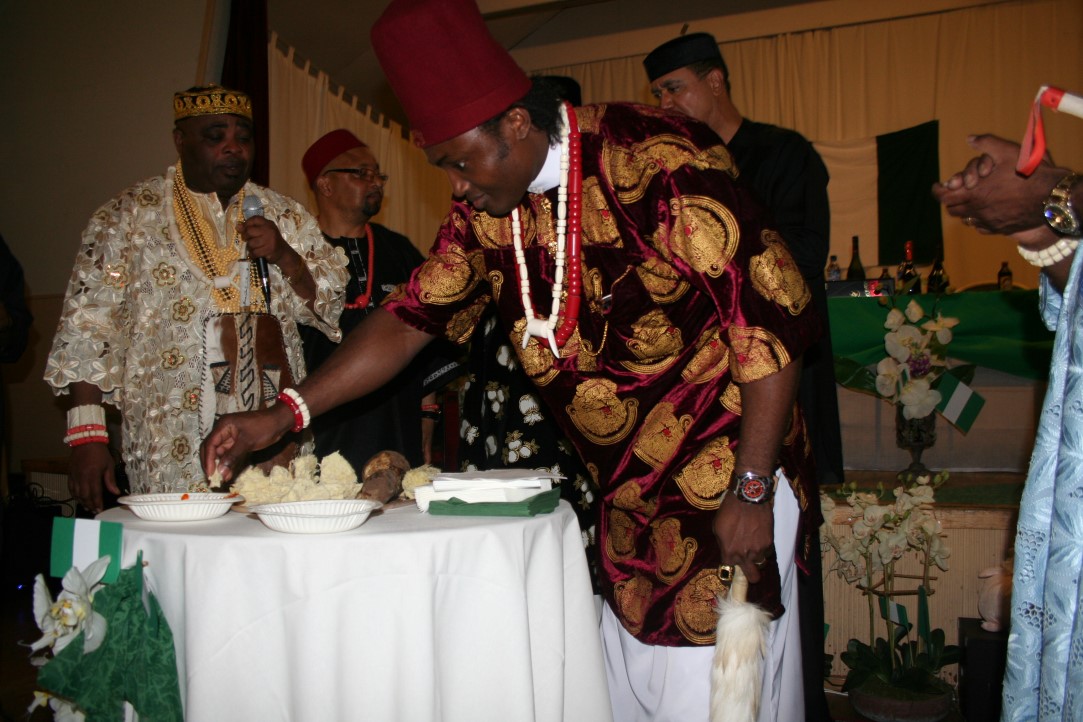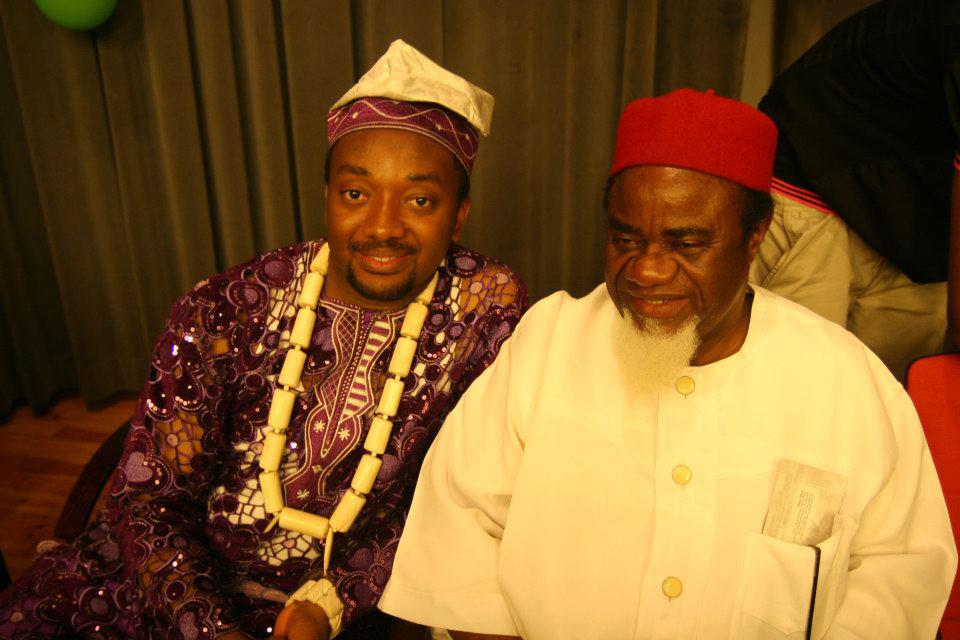
In Igbo land, the occasion of Iri-ji ohuu (new-yam eating) is a cultural festival because of its significance. For those who may want to know, Yam is the main agricultural crop of the Igbos and also the staple food of her people. The New Yam Festival known as ‘Iwa-Ji’ or ‘Iri-Ji’ is therefore a celebration depicting the prominence of yam in the social-cultural life of Igbo people.
Thus, different communities have their days for this august occasion during which assortment of festivities mark the eating of new yam. Depending on the communities, the style and method of the festivity differs, but the essential components that surround the event always remain the same. In some communities the festivities last the whole day and in many places it may stretch up to one week or even more. These festivities normally include a lot of variety entertainment including performance of ceremonial rites by the Igwe (King), cultural dances by Igbo men, women and their children as well as a display of Igbo cultural activities in the form of contemporary shows, masquerade dance, fashion parade, and feasting at a grand scale on a wide variety of food making up the menu of the Igbos.
Usually at the beginning of the festival, the yams are offered to gods and ancestors first before distributing them to the villagers. The ritual is performed either by the oldest man in the community or by the king or eminent title holder. After the prayer of thanksgiving to god, they eat the first yam because it is believed that their position gives them the privilege of being intermediaries between their communities and the gods of the land. The rituals involved in the new yam eating are meant to express the community’s appreciation to the gods for making the harvest of their yams possible. This therefore explains the three aspect of Igbo worldview, that they are Pragmatic, religious and appreciative.
To the Igbos, therefore, the day is symbolic of enjoyment after the cultivation season and a day of showing gratitude to god for his protection and kindness in leading them from lean periods to the time of bountiful harvest without deaths resulting from hunger. Iwa-ji is therefore an important event in the calendar of Igbo people all over the world.
This ceremony has been celebrated for centuries and as has always presented the right conditions for all and sundry, family and friends to come together to demonstrate their commitment and solidarity to their local community. Due to this fact, the Igbos every where in the world do celebrate this event in a highly captivating manner in order to protect and celebrate the enriched cultural heritage of her people.




